War in the next decade is possible. We are not prepared
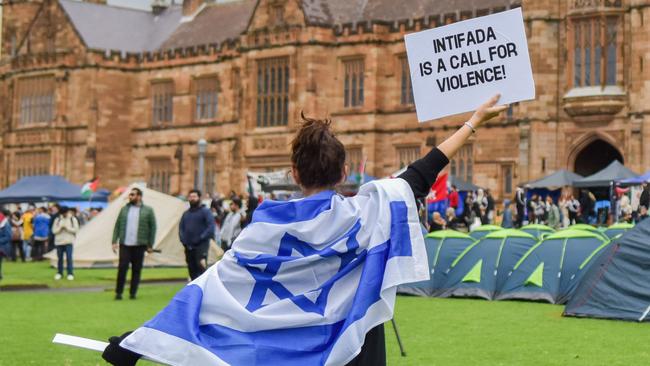
It was the speech the Allies needed. Olivier’s inspirational performance of the St Crispin’s Day speech on the edge of battle – “we few, we happy few, we band of brothers” – has had lasting resonance with people. To many, it’s a play about heroic leadership in the face of grave odds.
But Harold Bloom, one of the greatest modern critics of Shakespeare, takes a darker view of King Henry. Bloom saw a play about the mastery of power and a leader who is ruthless in the pursuit of his objectives, even if the rhetoric is stirring. Bloom writes that “power keeps its habit through the ages” and so there is much to be learned about leadership, war and statecraft in Henry V.
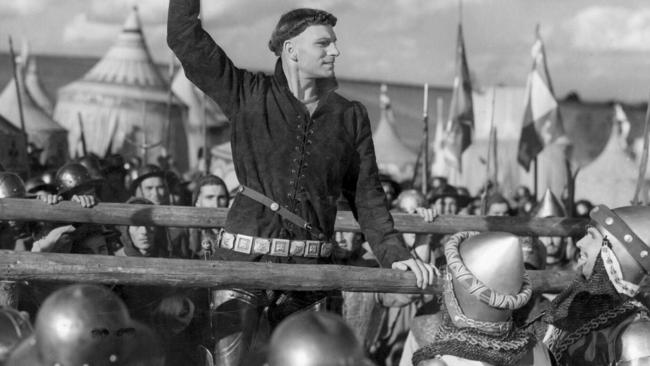
Those lessons are seen clearly in Henry’s second famous speech, when he besieges the town of Harfleur. Here, his words to the governor are a masterclass in psychological warfare and strategic coercion. He makes it clear there are only two sides and only one will prevail. He threatens to reduce the town to ashes and unleash his soldiers – “proud of destruction” and “with conscience wide as hell” – if they refuse to surrender.
Here, Shakespeare reminds us that war is ultimately a human enterprise and deeply psychological. He drives this home through Henry as he surveys the French ranks arrayed against him at Agincourt: “All things are ready, if our minds be so.” Shakespeare’s point is clear: wars are won and lost primarily in the mind.
Today we find ourselves confronted by the heralds of authoritarian powers demanding our submission through different modes of coercion. Our adversaries not only hack our systems, they are trying to hack our people. Lasers, chaff, flares, sonars and trade sanctions are made weapons in the cognitive war. The aim is to break our resolve, and our mental capacity to fight, before any fight begins.
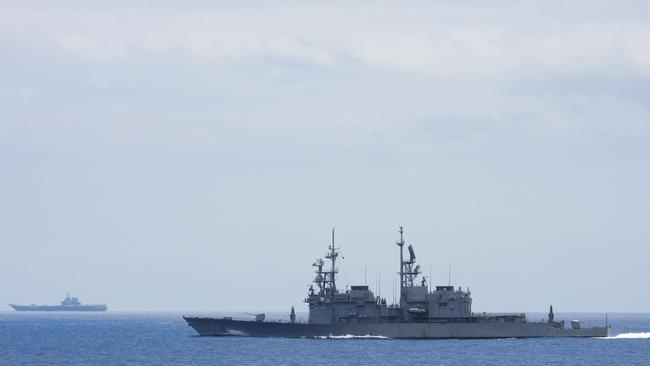
Here, we’re too quick to reach for familiar capabilities. Submarines, battleships, missiles, drones, tanks and cyber are important. And there must be a national defence strategy that is adequately funded. But we must go deeper than this. We must ask if our minds are ready for the shock of war.
Let me share two pressing threats we face, and how the lessons of Henry’s two speeches can prepare us.
First, the recruiting and retention crisis in the Australian Defence Force. The ADF is 5000 people understrength, and that number will deteriorate if the recruiting and retention trendline continues.
Our inaugural joint selection for the SAS and Commandos did not draw enough candidates to sustain our existing special operations units. That’s before we meet the massive demand we face for submariners if we are to crew our Virginia-class submarines. We need to address this – urgently.
To see more men and women deployed, we must deploy the psychological insights of Henry’s first speech. The insights seen in the St Crispin’s Day oration are enduring, and the ADF needs to mount a sustained recruiting campaign around the tested values of service, duty and country.
Australians have a deep history of citizen soldiering, built on reserve units with strong local identities. This local connection to home and place must be leveraged. Young people are desperate for meaning and purpose beyond their own self-interest. But we are only touching the surface.
Second, and more important, there is a deeper crisis of values within our education system. We have allowed a culture of relativism to sweep through our schools and universities, denuding us of the essential values that will sustain us during times of trial. The ramshackle protests show we have lost a sense of who we are.
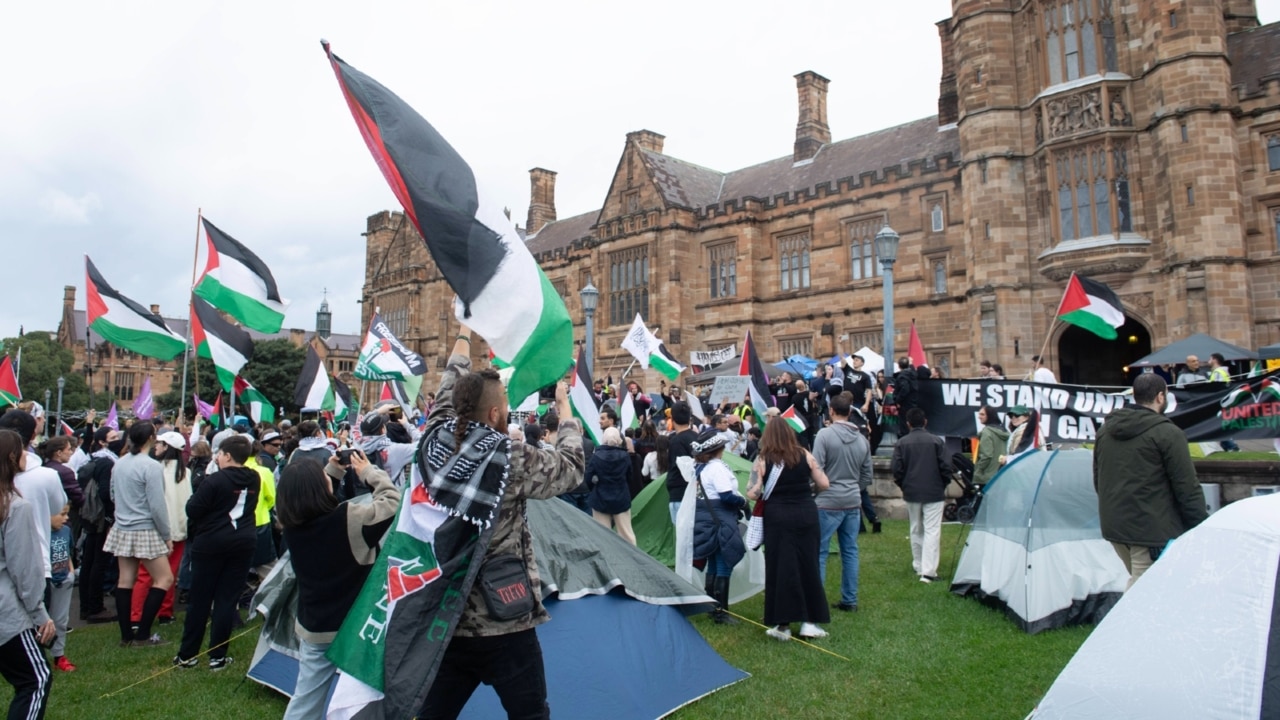
CS Lewis – Oxford professor, war veteran and storyteller – identified this same crisis during World War II. At the University of Durham in 1943, he lamented the subtle yet pervasive attack on objective values in favour of a world view based on subjective feeling.
“In battle it is not syllogisms that will keep the reluctant nerves and muscles to their post in the third hour of the bombardment,” Lewis wrote. “The crudest sentimentalism … about a flag or a country or a regiment will be of more use.”
Britain was fighting for its life, and Lewis saw education as a key battleground. His language is the same language that Henry used at Harfleur. There comes a time for blunt words, where we are clear about what side we’re on, and it’s time the academy showed that clarity.
For Australia, in 2024, education is a key battleground. The university camps of students hostile to Israel and the Jewish people, chanting violent slogans such as “from the river to the sea” – oblivious to the fact this means wiping out the people we fought to save in World War II – indicates there is something deeply unwell in our education system.
If we are to prevail in the next conflict – if we are to ready our minds – we must focus on reviving the best elements of classical learning and build young Australians who share a love of country, service and each other.
War in the next decade is possible. Without a belief in something other than self-interest or gratification, we won’t defy anyone but ourselves. We won’t defend anything but our own subjective reality. We will lose the fight in the mind before the first shot is even fired.
Andrew Hastie is the opposition defence spokesman and the Liberal member for Canning in Western Australia. He is a former member of the Special Air Service Regiment who has served in Afghanistan, the Middle East and the Indo-Pacific.


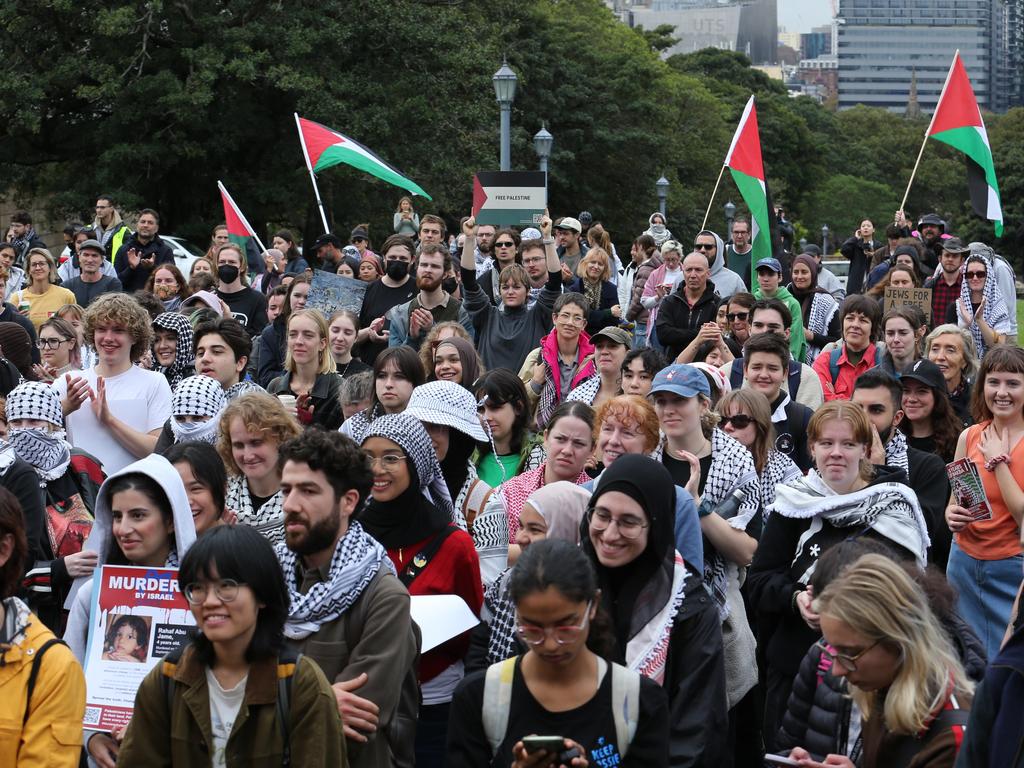
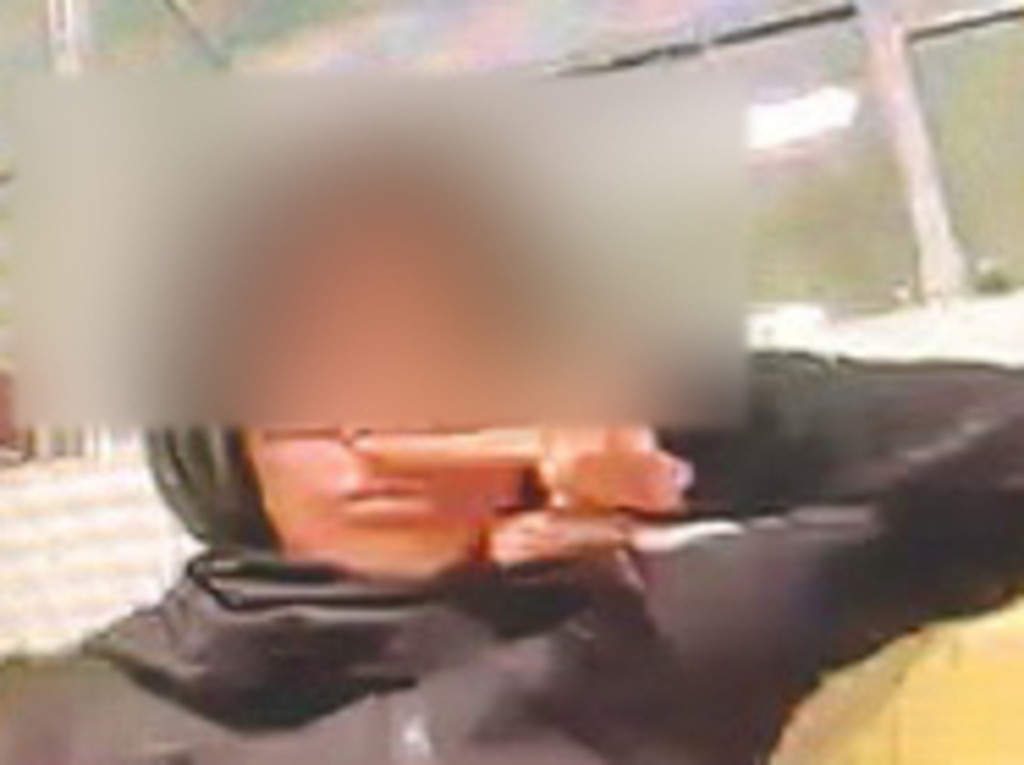
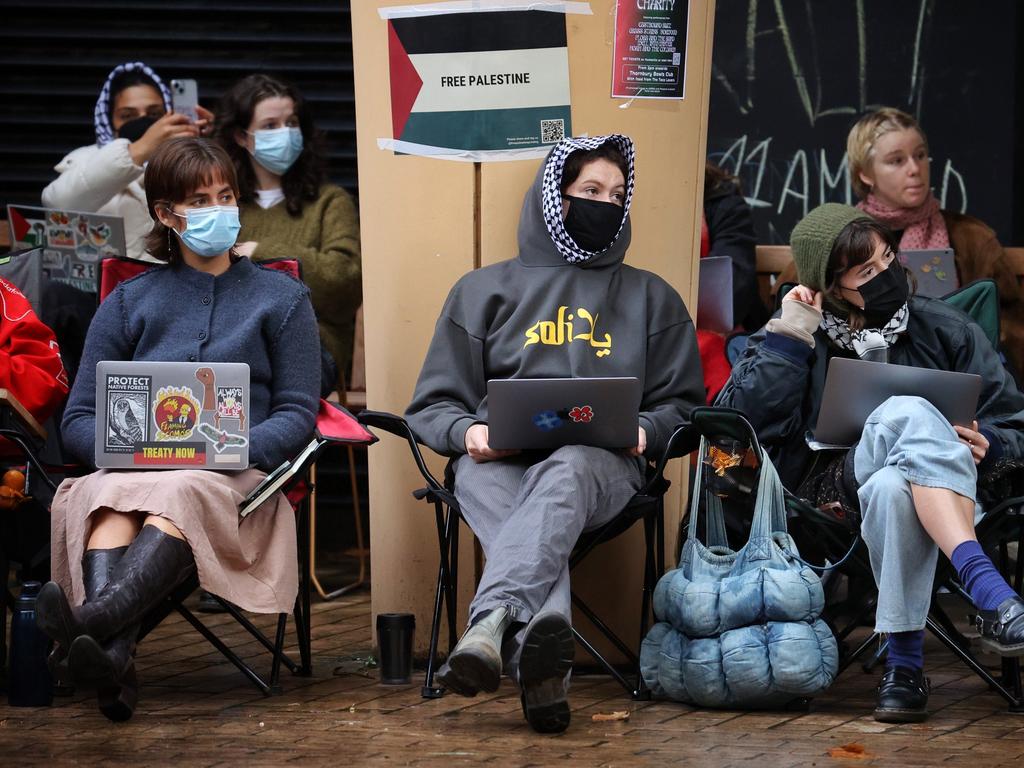
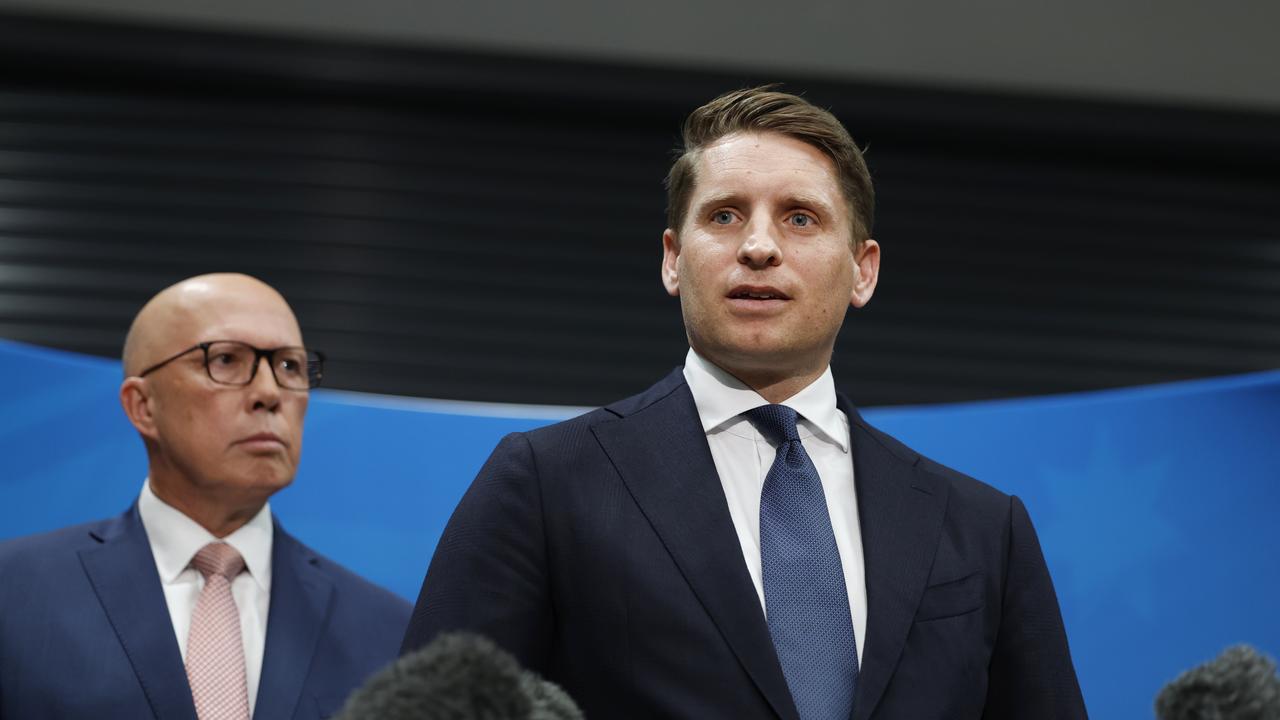
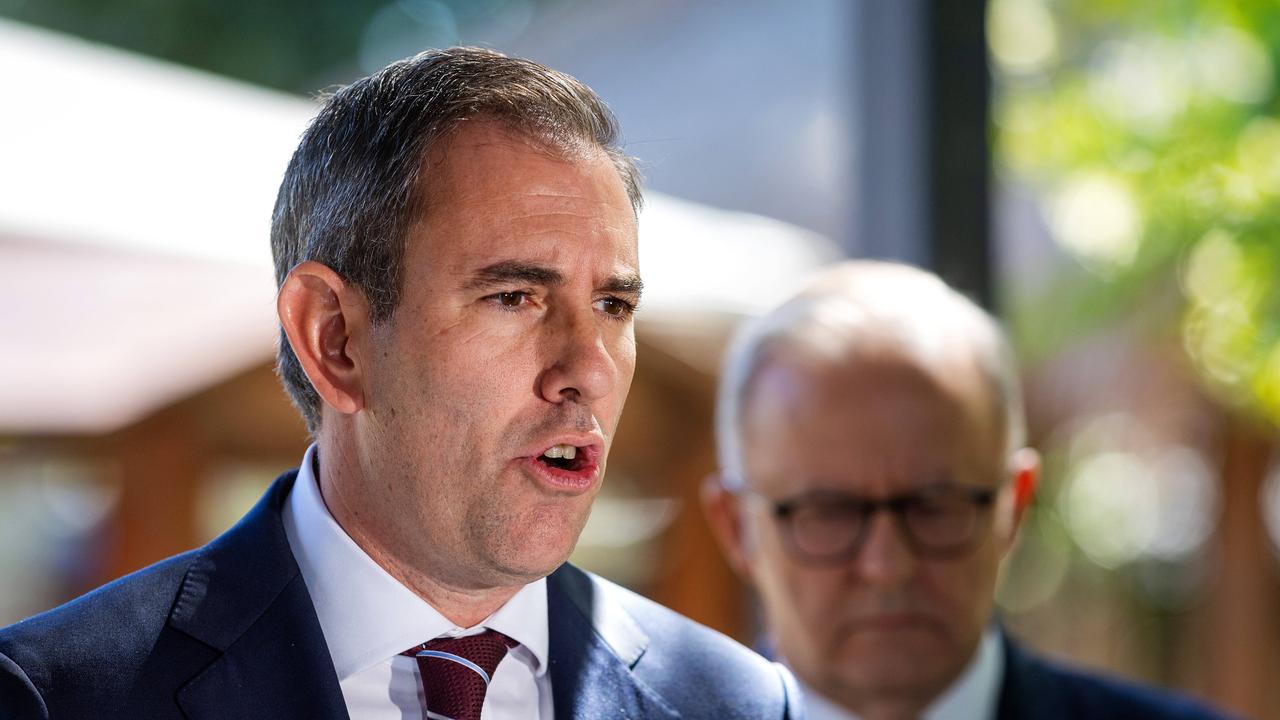
Laurence Olivier’s 1944 wartime portrayal of Henry V was one of bright energy, pomp and pageantry. The technicolour film celebrated the English warrior-king and rallied weary hearts battered by World War II.